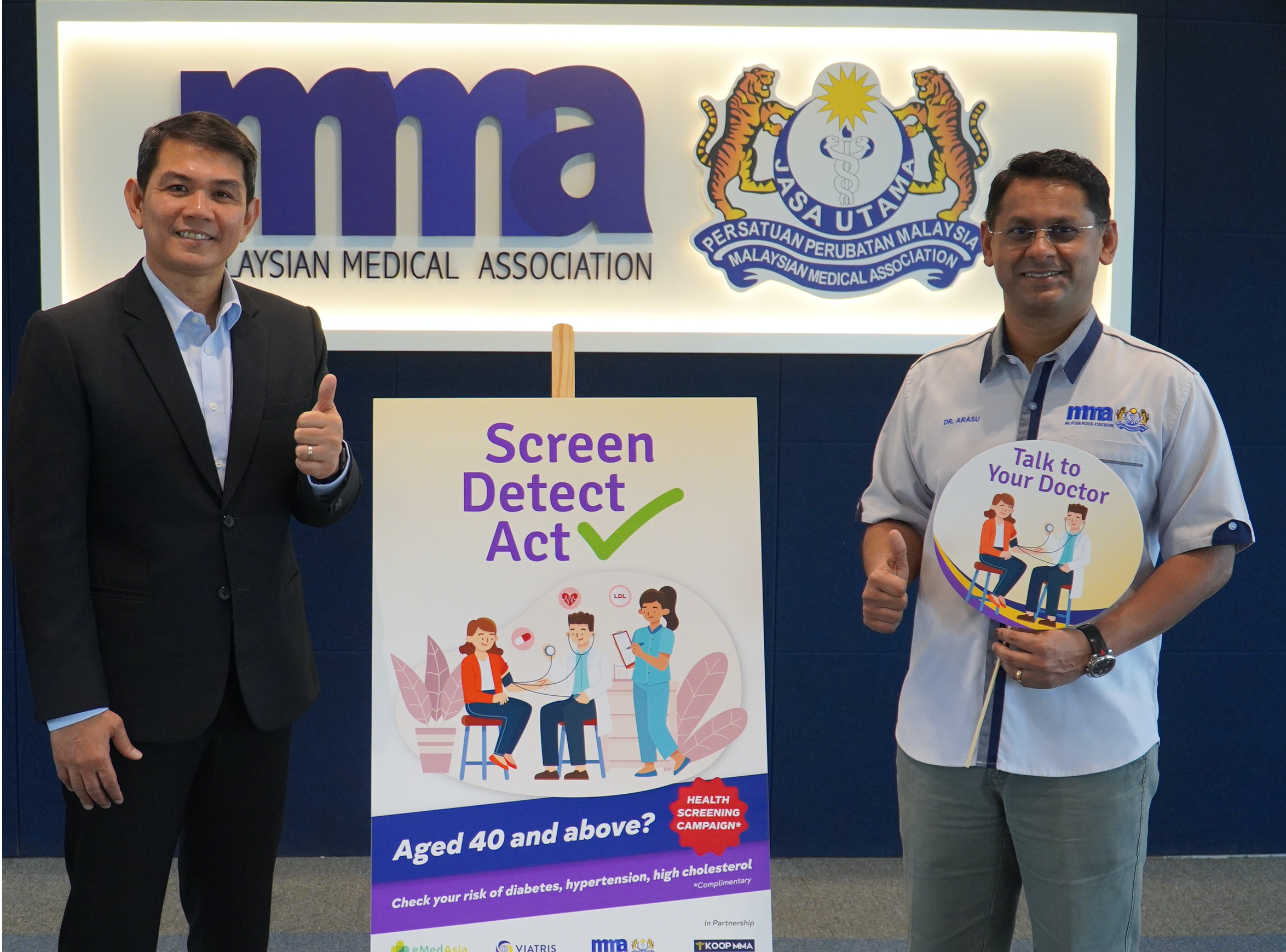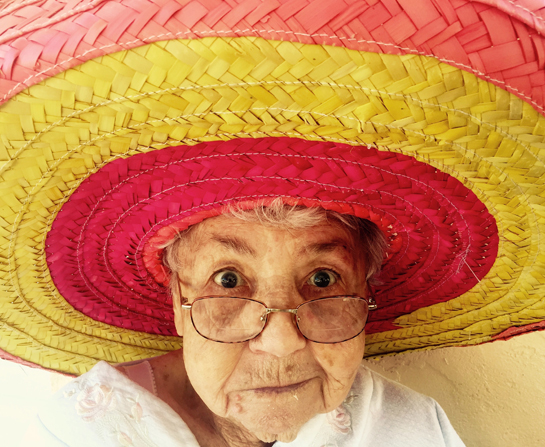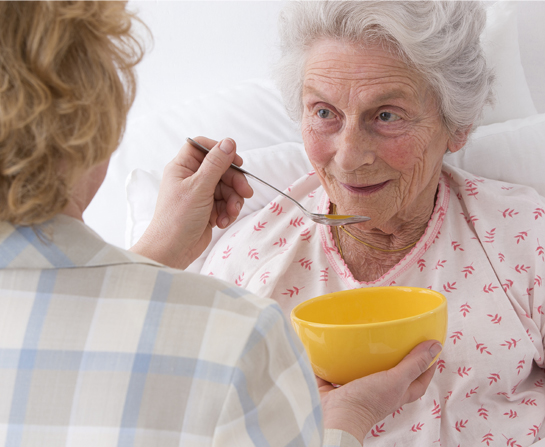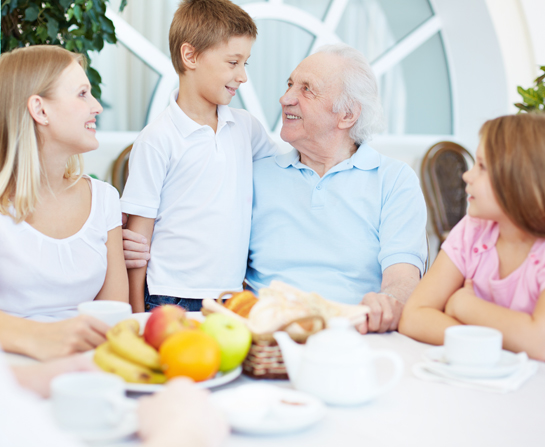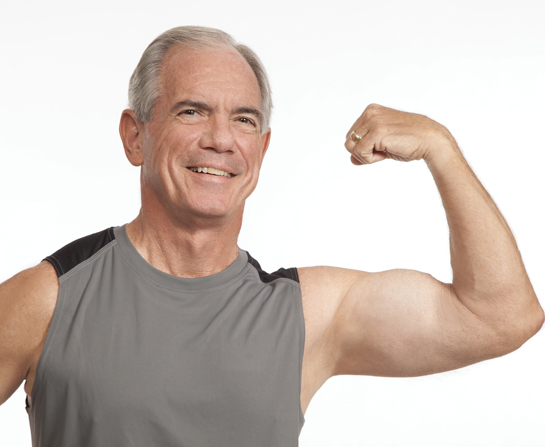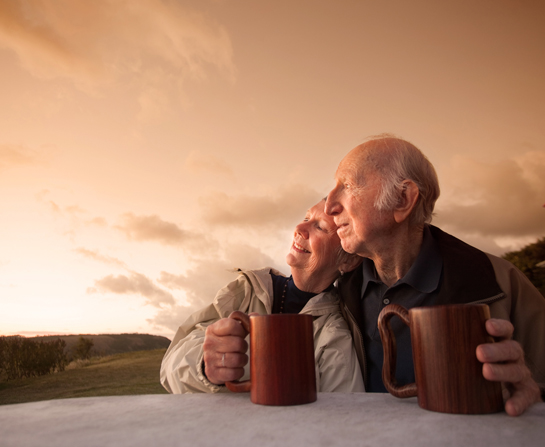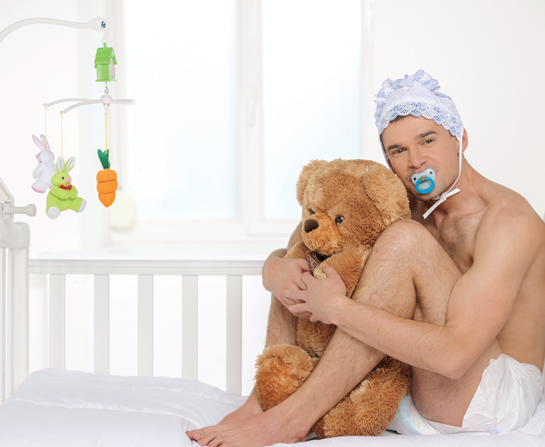
Dr Tan Maw Pin Associate Professor in Geriatric Medicine, University of Malaya
Associate Professor Dr Tan Maw Pin initially wanted to be a psychiatrist. “I was trained in the UK, and back when I was a medical student, geriatric medicine didn’t have the good reputation it has now. I wasn’t particularly inspired when I was taught by lecturers in that discipline,” she admits.
Indeed, students would take up geriatrics only when they could not get into other disciplines, so not much respect was given to geriatrics back in those days.
It was only when she began her housemanship that Dr Tan realized that her calling was in geriatrics. “It was fantastic! I really enjoyed it,” she speaks of those days. The rest, as they say, is history.
Understanding geriatrics
So, what is geriatrics, exactly? This is still a relatively new medical field in Malaysia.
“Geriatrics is commonly assumed to be medicine for old people,” explains Dr Tan. She adds that, while in a way this is true, we must also remember that a person’s ageing process is influenced by many factors, including the person’s genes.
“What we geriatricians – these are specialists in geriatrics medicine – focus on are people with multiple medical problems, on multiple medications and whom we consider frail,” she explains. In this case, ‘frail’ refers to a state in which the patient is more vulnerable to hospitalization, disability and death due to reduced physiological reserve.
While most of the time the patients may be considered old due to the natural process of ageing, there are other circumstances when a patient may also be considered old, such as due to a wasting disease. Dr Tan recalls meeting a patient who had lymphoma. While the woman was in her 40s, she was a heavy smoker – hence, her lymphoma and her smoking had taken their toll on her body, making her much older than her actual age.
“Back then, I was working in an oncology ward. To me, 40 was young, so I was doing everything I could for her, even when it was clear that she was losing the fight. But she was already a grandmother, with an eight-year old grandson, and she felt that she had done everything she wanted in this life. Hence, she had made peace with the fact that she would have to leave this world soon,” Dr Tan reminisces.
The patient helped her realize that, sometimes, maximizing a patient’s quality of life in their remaining time, as well as doing all that is possible ensure that the patient meet a dignified, good end – all these are just as important as treating a patient’s physical symptoms.
Like many medical disciplines, geriatrics has various sub-specializations such as dementia, stroke and more. Dr Tan’s sub-speciality is geriatric cardiology, which revolves around treating and caring for older patients with falls, dizziness and blackouts heart problems as well as low blood pressure.
Given that we already have existing specialists in these fields, how does a geriatrician fit into the picture? Dr Tan explains that geriatricians are trained to have a good understanding of how to manage the complexity of multiple medical issues and multiple medications, and is able to identify important issues which need to be prioritized according to urgency. This opens up some benefits for the patient.

Better understanding of the elderly.
Dr Tan points out that, as we age, things can become less clear cut. Take the common cold, for example. A younger person will have runny nose and perhaps a cough, but older people may instead become sleepy, lose their appetite and experience difficulty in walking due to what geriatricians call off-leg deterioration. A geriatrician will recognize these symptoms, but another doctor may not, and as a result may have a harder time understanding what is wrong with the patient.
Geriatricians are also trained to have a better understanding of how an elderly person thinks and feels. “If we have, say, an elderly patient climbing out of his bed and running around the ward, trying to find his way out, a new hospital staff may not know what to do or even panic,” she says. “To a geriatrician, however, this is a normal part of the job. She is emotionally prepared for such situations, so she can calmly make efforts to control and manage the situation.”
Also, the elderly may be seen as stubborn in admitting that he or she has a problem, or become uncooperative. Fortunately, the geriatrician is trained to smooth the ruffles of even the most ‘difficult’ patient, therefore providing a good degree of relief to the patient as well as the patient’s family.

Psychological benefits for patients and their family.
“Communication with older people is a specialist skill, not everyone can do that,” Dr Tan says. She explains that the geriatrician is not just trained in medical matters – she is also well-versed in family dynamics and some degree of psychology. Aside of being a doctor, a geriatrician can also be a confidante and a shoulder to cry on. Hence, if the geriatrician becomes someone patients and their family can trust, she can become their anchor and strength through trying times.
Fewer doctors in the picture. Many elderly people have more than one condition at the same time. The geriatrician, therefore, does not work alone. In Dr Tan’s case, she often enlists the assistance of her colleagues from other disciplines – for example, a surgeon will step in should the patient need to undergo a surgery. Additionally, she will be working closely with a multidisciplinary team consisting of nurses, social workers, physiotherapists, occupational therapists, speech therapists, dietitians as well as the doctor.
Through all of this, she will be the specialist who supervises the necessary treatments and procedures that will meet her patients’ needs. She is the main consultant, and as a result, this cuts down on the number of specialists they need to see.
The benefit of this is more convenience for both the patient and the family, especially if the family has to bring the patient to the hospital regularly for check-ups. They may also find it easier (and less confusing) to keep track of prescriptions and medical recommendations if these come from a single doctor.
Geriatrics in Malaysia
Undoubtedly, geriatrics is an important medical discipline, especially in a country such as ours which has an increasingly large number of ageing population.
However, our level of geriatric care still has a long way to go, compared to the UK and other countries. “The holy grail of geriatric care is to minimise the tertiary or late-stage care as much as possible. Focus should be on ‘ground level’ care, treating conditions when they are at early stages, through a community-based model that involves the family, social workers and community healthcare services,” Dr Tan explains.
She is optimistic for the future, however. “Look at Taiwan – things changed for the better in the blink of an eye!” she enthuses. “Who says Malaysia can’t do that? We have the economic capacity to make changes; we just need to find the will.”
The geriatricians in Malaysia are slowly but surely leading the vanguard for change. The Malaysian Society of Geriatric Medicine (MSGM), of which Dr Tan is a member of, is formed with the objective to increase awareness of the healthcare needs of older people in Malaysia, advise appropriate regulatory bodies on training and credentialing of geriatricians, and to advance geriatrics through research, publication, awareness programmes and more.
Currently, there are only 27 geriatricians in this country. However, the seeds have already been sown to increase this number. MSGM has developed a training curriculum for geriatricians. The University of Malaya has introduced geriatrics in its curriculum for medical students, and it is hoped that more medical schools will follow suit.
Thus, the current geriatricians in our country are not just specialists tending to their patients; they are also teachers, trainers, advocates and advisers. Networking efforts, support systems and bonds are formed within a close-knit community on WhatsApp, keeping present and future geriatricians close regardless of the physical distance separating them.
And best of all, their efforts are starting to pay off. Dr Tan personally has experienced greater enthusiasm and even passion among medical students to take up geriatrics. “The future is bright!” she concludes with relish.
If you like this article, do subscribe here.


